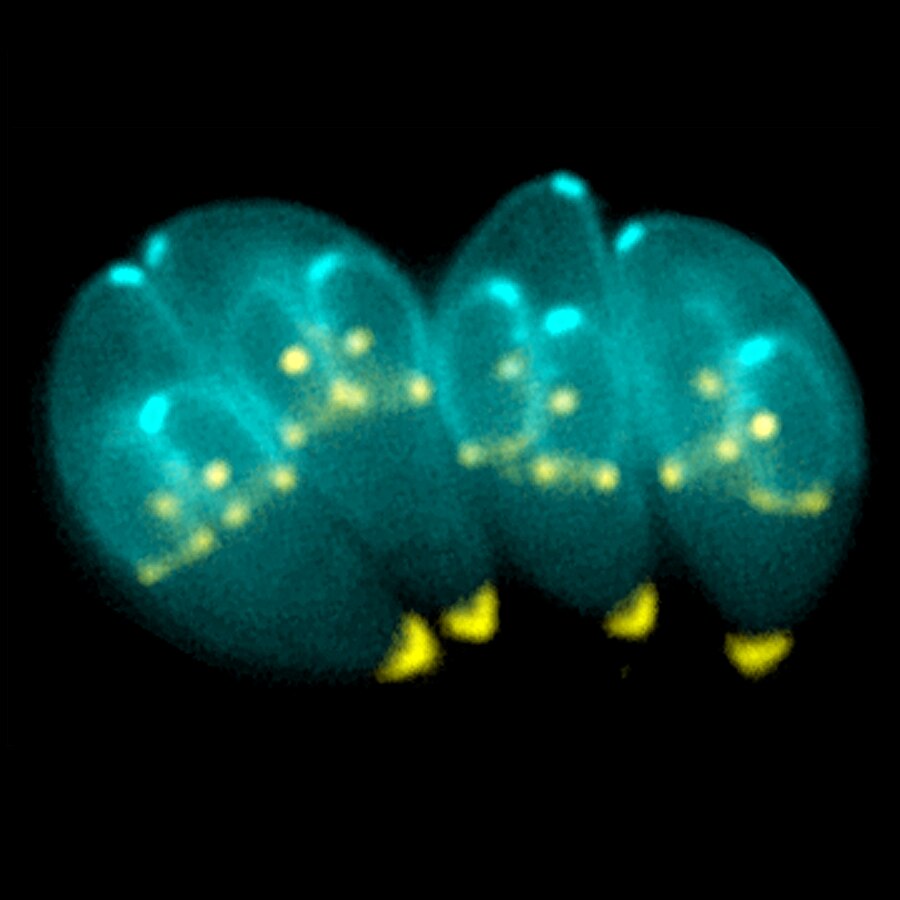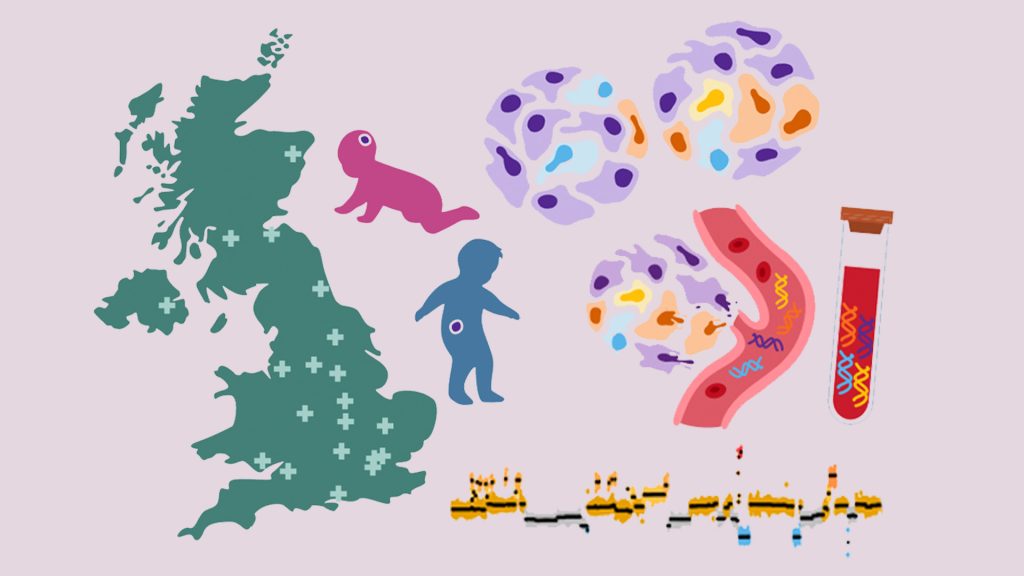Engineered Parasite Delivers Therapeutic Proteins to Central Nervous System

Engineering a parasite, Toxoplasma gondii, which is naturally suited to cross the blood-brain barrier and enter neuronal cells, so that it can deliver therapeutic proteins to the central nervous system: this is the result of a study by an international group of scientists, including researchers from the University of Milan and Human Technopole, recently published in Nature Microbiology.
Proteins can indeed be used as therapies or as tools to study biological processes, but their transfer to target cells and tissues is complicated by their large size, interactions with the host immune system, and the need to bypass various barriers such as the blood-brain barrier. The scientists built on previous studies on Toxoplasma gondii, a parasite that naturally travels from the human intestine to the central nervous system, and, thanks to its natural ability to cross the blood-brain barrier and enter neuronal cells, it is a potential transformative tool for the treatment of brain disorders.
The Italian research group is coordinated by Giuseppe Testa, Professor of Molecular Biology at the Department of Oncology and Hemato-Oncology at the University of Milan, Head of Neurogenomics at Human Technopole, and Director of the Epigenetics of Stem Cells Laboratory at IEO – European Institute of Oncology.
Through an engineering strategy to transport various human proteins to neurons using two secretory organelles (specialized structures that perform specific functions within a cell) of Toxoplasma gondii, the authors successfully demonstrated that proteins could be transferred to mouse neurons and even to human neurons, thanks to laboratory experiments and single-cell resolution computational analyses in brain organoids infected by the engineered parasite.
“Various fusion proteins, including GDNF, PARK2, TFEB, SMN1, and MeCP2, were successfully transported into host cells. In particular, MeCP2, a protein implicated in Rett syndrome, a neurodevelopmental disorder, was successfully transported into neurons and showed a functional association with chromatin, the complex ecosystem of DNA, RNA, proteins, and metabolites in the nucleus of cells where gene expression takes place. The study demonstrated the delivery of MeCP2 to cortical brain organoids differentiated from human pluripotent stem cells,” explains Professor Testa.
“The next steps can now begin to further optimize the system’s efficiency and address potential safety issues associated with using a parasite as a vector. We are very pleased that such a fruitful international collaboration provides a promising new approach for protein delivery to the central nervous system via Toxoplasma gondii, offering a potential solution to the challenges posed by treating neuropsychiatric diseases, especially those of developmental age,” concludes Giuseppe Testa.
Bracha, S., Johnson, H.J., Pranckevicius, N.A. et al. Engineering Toxoplasma gondii secretion systems for intracellular delivery of multiple large therapeutic proteins to neurons. Nat Microbiol (2024). https://doi.org/10.1038/s41564-024-01750-6




